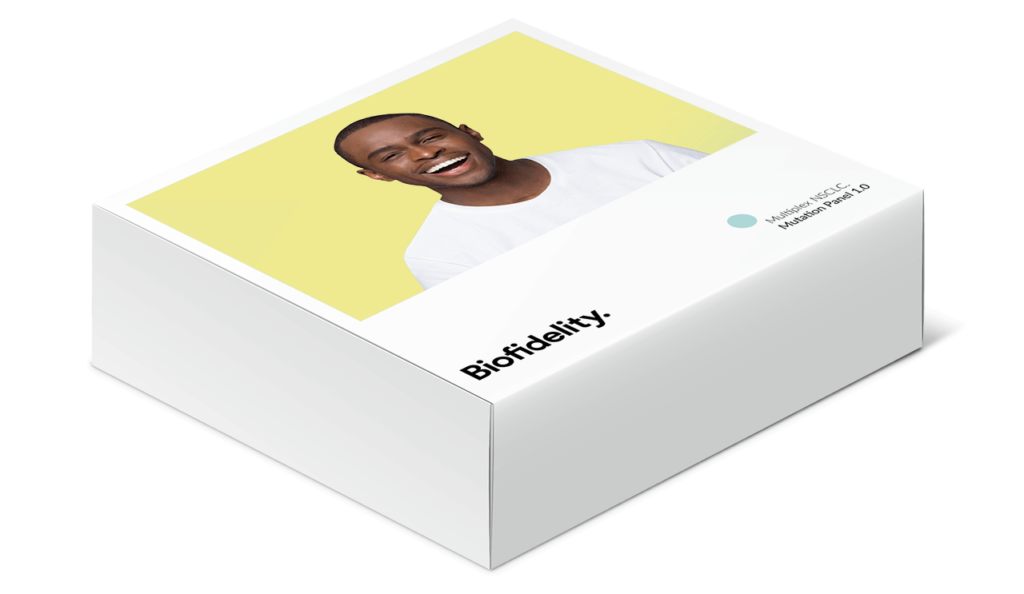
The Biofidelity team had a hunch that a few key elements of their ultra-fast, ultra-sensitive technology, which they called ASPYRE, would revolutionize cancer testing and treatment and improve patient outcomes.
But to validate their go-to-market strategy—and generate the investment needed to benefit the most patients—they needed hard numbers.

This was invaluable learning about the importance of understanding every aspect of what the oncologist goes through. We could have a message we think resonates, but there’s another pain point that’s more important.”
Biofidelity had some hypotheses about how their solution would benefit oncologists. Instead of betting their business around the available market knowledge, they worked with Strategyn using their structured Outcome-Driven Innovation (ODI) methodology to define and prioritize the oncologists’ needs related to diagnosing and treating non-small cell lung cancer patients.
The ODI process provided a step-by-step framework to uncover exactly what the oncologists’ needs were at each step of diagnosis and treatment—and which of these needs were unmet with existing solutions. The ODI process also quantified the degree to which each of these needs was important to the physicians.
For Biofidelity, the market was oncologists diagnosing and treating non-small cell lung cancer. Typically, genetic sequencing tools are sold to and used by pathology labs. By targeting oncologists, Biofidelity was able to focus their solution’s benefits around more efficient patient treatment decisions and not just faster genetic sequencing analysis.
Interviews were conducted with oncologists to create an exhaustive list of their needs, called desired outcomes. The team uncovered all of the oncologist’s needs across the various steps of the job, from assessing the patient’s history to determining if the cancer is recurring.
The team surveyed 121 physicians to quantify the degree to which each outcome was under- or overserved by existing diagnostic solutions.
Next, the Strategyn team segmented their survey results around the desired outcomes to discover that 17 of the 106 customer outcomes were underserved. Not surprisingly, turnaround time was at the top. The team was surprised, however, by how important and underserved this outcome was relative to the others—and which particular segment of oncologists was challenged with it.
The team found that independent, community-based oncologists had a unique unmet need—lack of laboratory access. This segment, therefore, struggled more than others with minimizing the time it takes to receive the results after a non-routine test is ordered. This was one of the top 5 most important needs for this segment of oncologists.
The data from the first four steps provided Biofidelity with exactly the information they needed to broaden their go-to-market strategy to address more opportunities—and excite potential investors.
The data also helped the team to solidify their core messaging—for both marketing efforts and investment discussions. They solidified four key messaging pillars, including:
The Biofidelity team is now confident that their messaging and GTM strategy will resonate with their audience. They’re also providing investors with confidence that their diagnostic solutions meet real and significant market needs.
This outcome-driven innovation data set is gold. It helped us identify and prioritize a full list of customer needs from the ground up. We knew exactly what messaging to create and how to build our GTM plan.
We’ve used data from the Strategyn market research reports in virtually every conversation with investors. It gives us a very strong foundation with which we can build our investor story.
If you’re ready to launch the next big thing, it’s time to upgrade to Outcome-Driven Innovation. Get in touch to speak with one of our innovation experts.
Copyright ©2024 Strategyn LLC. All Rights Reserved. | XML Sitemap | HTML Sitemap